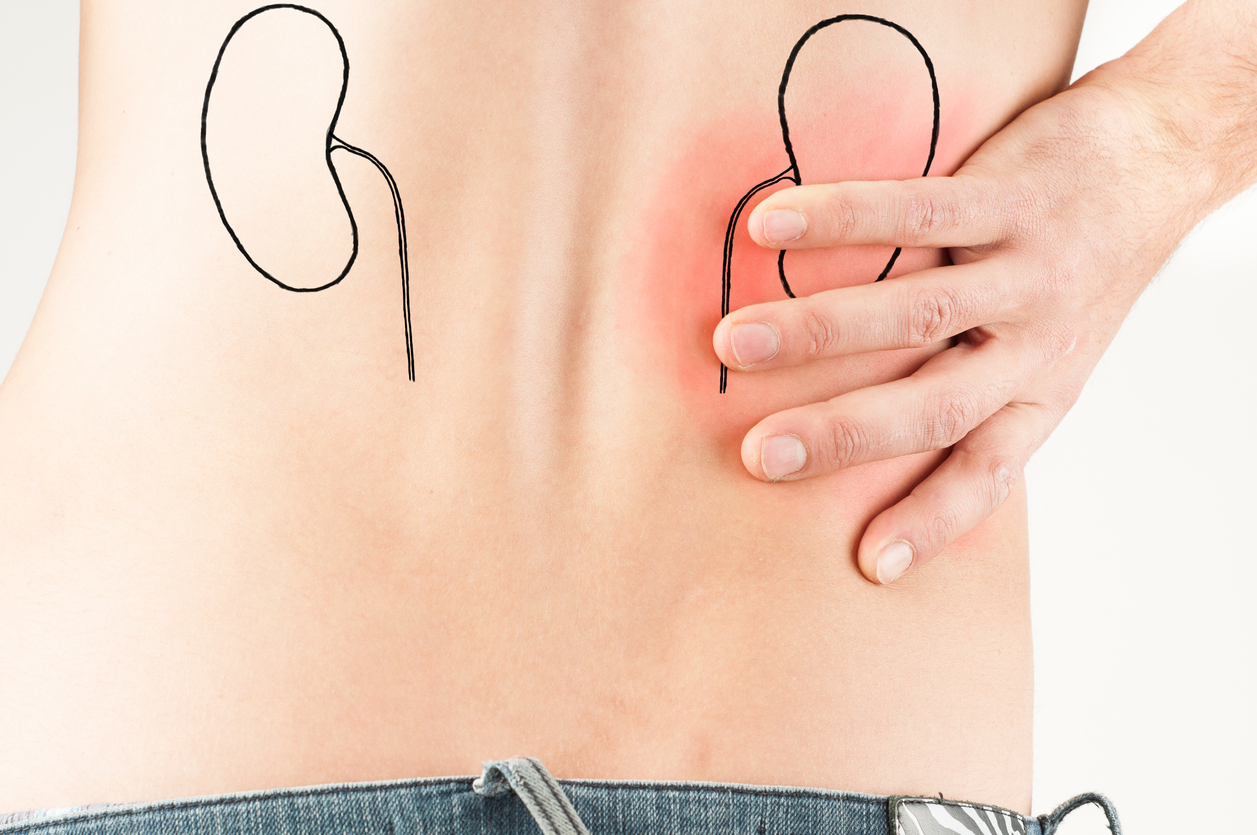In today’s fast-paced world, lifestyle diseases are on the rise — and among the most significant of them is Hypertension and Chronic Kidney Disease. These two conditions are often interlinked, creating a dangerous cycle that affects millions worldwide. Understanding their relationship is crucial for early diagnosis, prevention, and management.
What is Hypertension?
Hypertension, commonly known as high blood pressure, is a condition where the force of the blood against the artery walls is consistently too high. Often called the “silent killer,” hypertension may not show noticeable symptoms until severe damage has occurred. It remains one of the leading causes of heart disease, stroke, and kidney failure.
What is Chronic Kidney Disease (CKD)?
Chronic Kidney Disease refers to the gradual loss of kidney function over time. The kidneys filter waste, excess fluids, and toxins from the blood — functions essential to maintaining health. In Chronic Kidney Disease, the kidneys’ ability to perform these tasks diminishes, leading to waste accumulation in the body, electrolyte imbalances, and other systemic complications.
The Connection Between Hypertension and Chronic Kidney Disease
The relationship between Hypertension and Chronic Kidney Disease is complex but well-documented in medical research. Here’s how they’re connected:
- Hypertension as a Cause of CKD:
High blood pressure exerts extra force on the delicate blood vessels in the kidneys. Over time, this persistent pressure damages the vessels, impairing their ability to filter blood effectively. As the damage progresses, it can lead to Chronic Kidney Disease. - CKD as a Cause of Hypertension:
Conversely, as kidney function deteriorates, the kidneys may release hormones that increase blood pressure, setting off a harmful feedback loop. The reduced filtration leads to fluid retention and increased pressure in the vascular system, contributing further to hypertension.
This bidirectional relationship highlights why controlling Hypertension and Chronic Kidney Disease is critical in breaking the cycle of damage.
Risk Factors You Should Know
Certain factors increase the risk of developing both Hypertension and Chronic Kidney Disease:
- Diabetes Mellitus
- Obesity
- Family History of Kidney Disease or Hypertension
- Smoking and Excessive Alcohol Intake
- High Salt Diet
- Sedentary Lifestyle
- Advancing Age
Patients with these risk factors need regular screenings and lifestyle modifications to prevent complications.
Symptoms to Watch For
While both conditions can be silent in the early stages, some warning signs include:
- Persistent high blood pressure readings
- Swelling in the ankles, feet, or hands (edema)
- Fatigue and weakness
- Shortness of breath
- Frequent urination, especially at night
- Blood or foam in urine
- Poor appetite or nausea
If you notice any of these symptoms, it’s crucial to consult a healthcare professional like Dr. Amit Kumar for an accurate diagnosis and treatment plan.
Diagnosis of Hypertension and Chronic Kidney Disease
The diagnostic approach includes:
- Blood Pressure Monitoring — Regular readings help diagnose hypertension.
- Blood Tests — To check creatinine levels and estimated glomerular filtration rate (eGFR).
- Urine Tests — To detect protein or blood in urine, both markers of kidney damage.
- Imaging Studies — Ultrasound or CT scans can assess kidney size and structure.
- Kidney Biopsy — In certain cases, a tissue sample may be required for accurate diagnosis.
Managing Hypertension and Chronic Kidney Disease
Early management can delay progression and reduce complications. Here’s how Hypertension and Chronic Kidney Disease are managed together:
1. Lifestyle Modifications
- Low-Salt Diet: Reducing sodium intake helps control blood pressure.
- Healthy Weight: Achieving a healthy BMI reduces strain on the heart and kidneys.
- Regular Exercise: A moderate exercise routine improves cardiovascular health.
- Quit Smoking: Smoking damages blood vessels and worsens kidney function.
- Limit Alcohol: Excess alcohol can raise blood pressure.
2. Medications
- ACE Inhibitors/ARBs: These are commonly prescribed to protect kidney function while lowering blood pressure.
- Diuretics: Help reduce fluid overload and control hypertension.
- Beta-Blockers and Calcium Channel Blockers: May also be used based on the patient’s condition.
All medications should be used under the supervision of a qualified doctor like Dr. Amit Kumar to avoid adverse effects and interactions.
3. Regular Monitoring
- Frequent checkups for blood pressure and kidney function tests help track disease progression.
- Monitoring electrolyte levels to avoid imbalances.
4. Managing Underlying Conditions
- Diabetes Control: Essential for preventing further kidney damage.
- Cholesterol Management: High cholesterol can worsen both hypertension and CKD.
5. Dialysis and Kidney Transplant (Advanced CKD)
In advanced stages of Chronic Kidney Disease, when the kidneys fail, treatments like dialysis or a kidney transplant become necessary. However, strict management of Hypertension and Chronic Kidney Disease from earlier stages can often delay or prevent the need for these interventions.
The Importance of Early Intervention
Delaying treatment or ignoring mild symptoms can lead to irreversible damage. Hypertension and Chronic Kidney Disease are progressive conditions — meaning they get worse over time if not controlled. The earlier you start management, the better your chances of maintaining quality of life and avoiding serious complications like heart disease or complete kidney failure.
Final Thoughts from Dr. Amit Kumar
As a healthcare professional, Dr. Amit Kumar emphasizes the importance of patient awareness and proactive care when it comes to Hypertension and Chronic Kidney Disease. Recognizing the silent nature of these diseases, regular screenings, adopting a healthy lifestyle, and adhering to prescribed treatments can make a world of difference.
If you or a loved one is at risk, don’t wait. Book a consultation and take the first step toward better kidney and heart health today.
